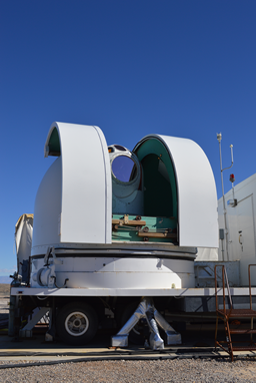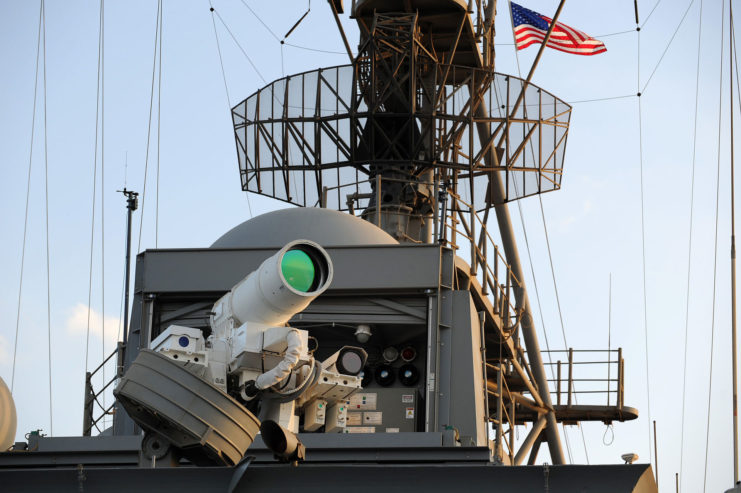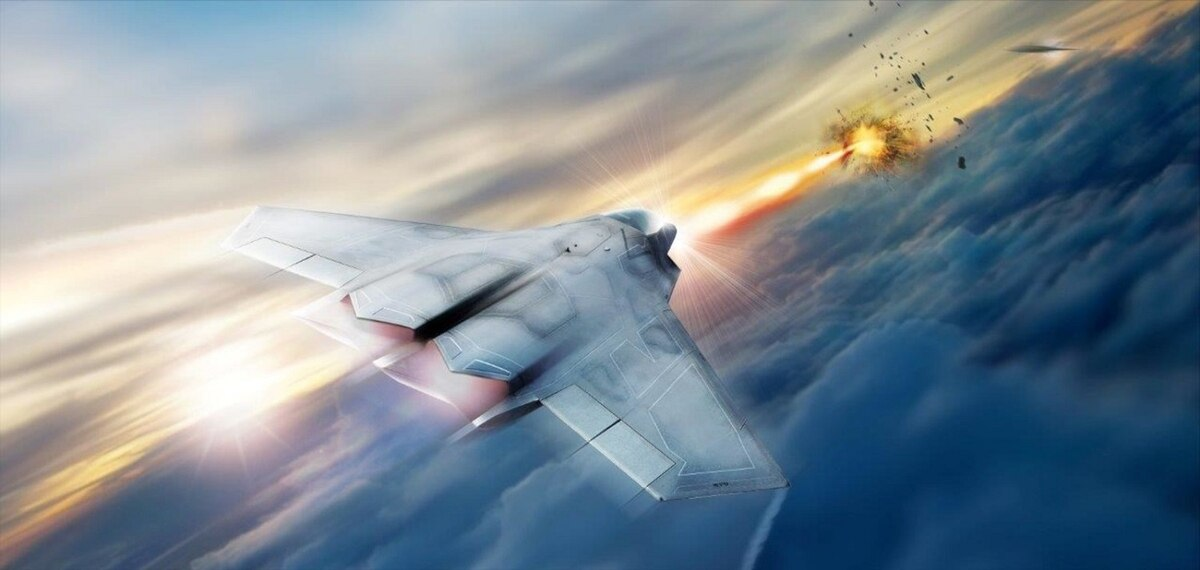As COVID-19 continues its plan to disrupt everything in the world, even the US Air Force is finding that it is as powerless before the pandemic forces as the rest of us.
The Air Force had planned to begin flight testing a prototype of their Self-Protect High Energy Laser Demonstrator (ShiELD) Advanced Technology Demonstration (ATD) program in 2021. Now it is delaying the test until 2023 at the earliest.
The delay is blamed on disruptions caused by the COVID-19 pandemic. Technical difficulties and work slowdowns due to the virus have forced the military branch to tap the brakes on the program.

The Air Force Research Laboratory (AFRL) has been working on the laser defense system since at least 2013. A contract was awarded to Lockheed Martin in 2014 to develop a solid state laser for the system. Northrop Grumman later received a contract to produce a beam control system and Boeing received one to develop the pod which contains the laser.
The Air Force hopes to test the system to demonstrate that the technology is mature enough to be used on fighter jet planes.
Already, in 2017, a podded laser mounted on an Apache helicopter was able to strike targets at the White Sands Missile Range.
Last year, a ground-based laser system known as the Demonstrator Laser Weapon System (DLWS) was able to destroy air-launched missiles – also at White Sands.
No information has been released on the exact power of the laser used in the DLWS testing, but a source stated that it was in the “tens of kilowatts” range. Prior to the testing, Lockheed Martin had delivered a 60-kilowatt-class laser system to the Army.

The Air Force did flight test a pod in 2019 with the same shape as the one being developed by Boeing for the SHiELD system. The Air Force didn’t confirm what aircraft flew with the pod, but Air Force Magazine reported that an F-15 variant was scheduled to carry the prototype.
A source from the Air Force stated that they already have mature laser weapon technology but it is all ground-based. These systems are ready to be deployed today.
The challenge now is to fit that technology in a pod that can be mounted on a warplane.
The point of SHiELD is not to mass produce laser technology for operational use. Instead, the program is designed to determine whether the technology is sufficiently advanced to consider placing on a airplane or helicopter.
There is a simultaneous program underway to mount a laser on a drone which could fly into enemy territory and shoot down missiles in their initial phase of flight. It is at this stage, when their rockets are burning their brightest and they are moving at their slowest that the missiles are most vulnerable.
That program has hit its own snags as they are finding it difficult to produce a laser with sufficient power that is light and small enough to be carried on the drone.
This is cooling the Air Force’s enthusiasm for the laser-based weapons systems in the air though there still seems to be support for sea-based and land-based laser weapon systems.
